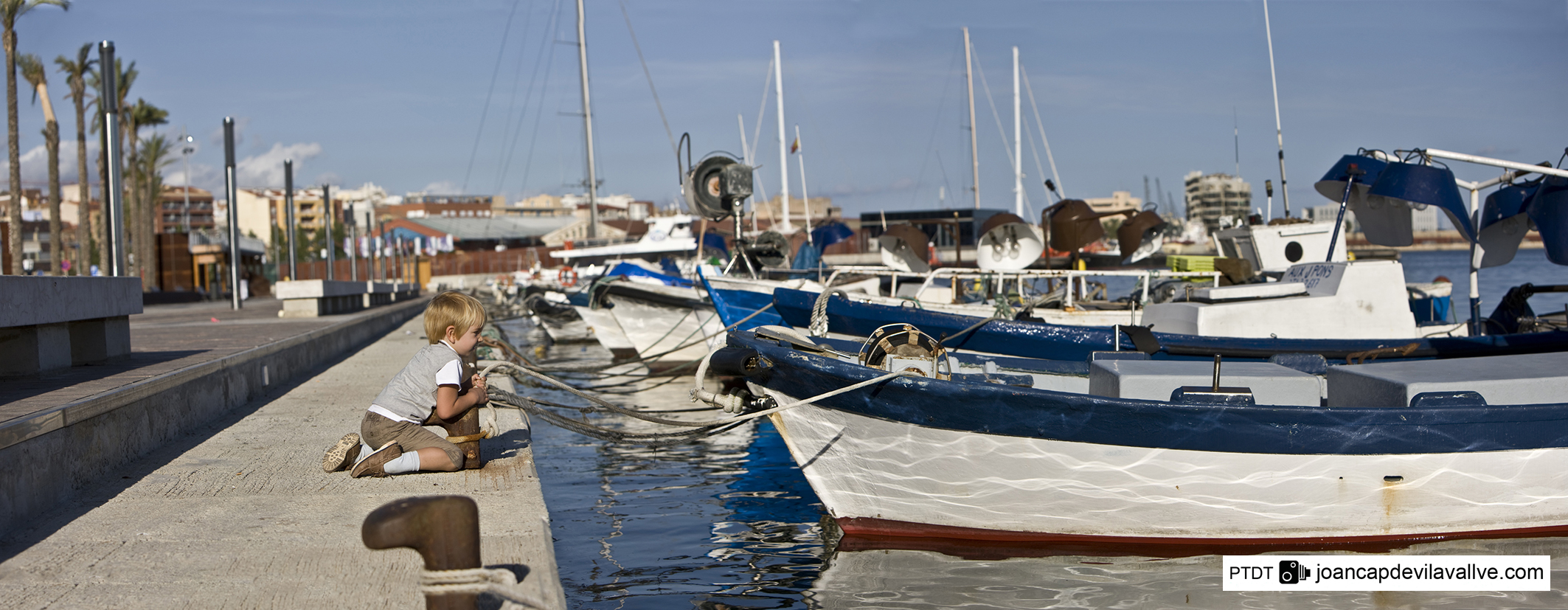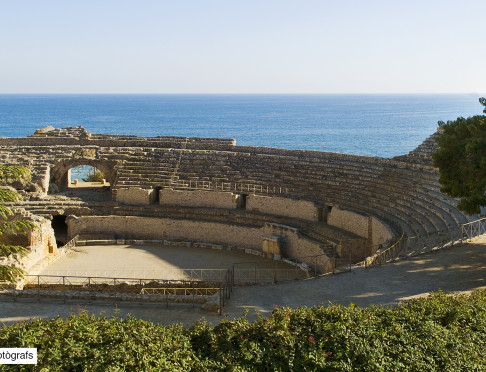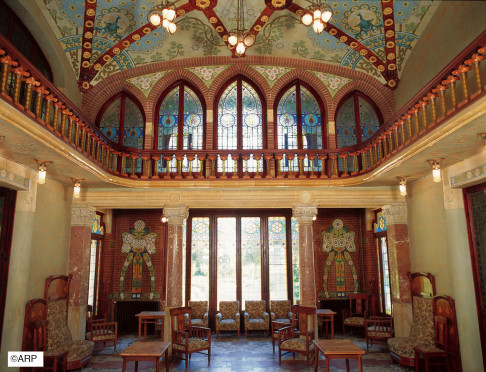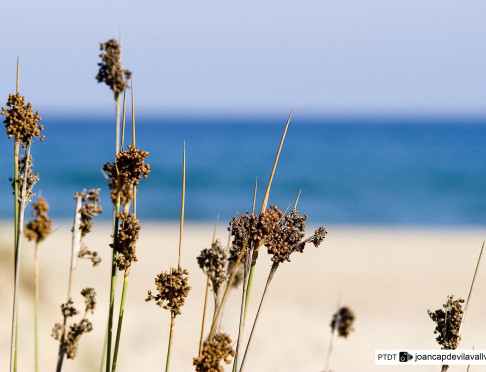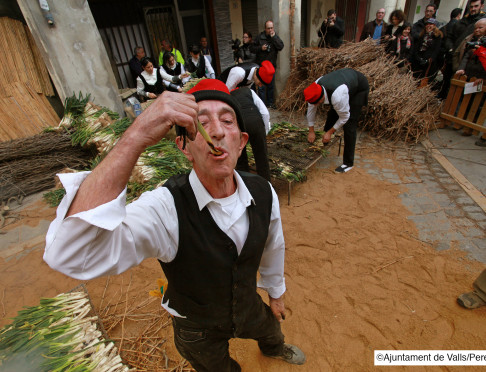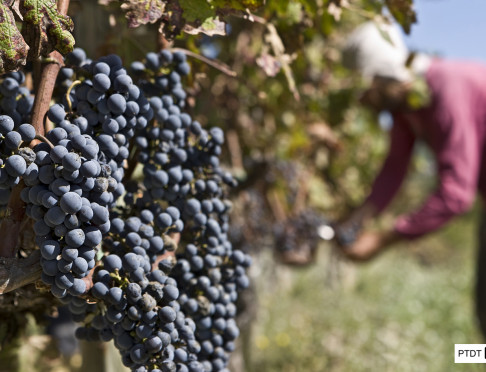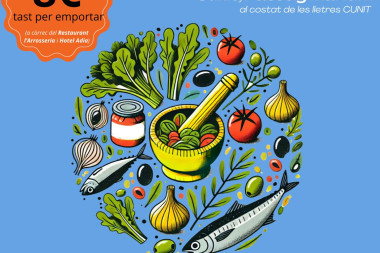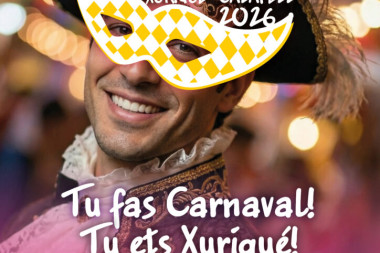WHAT IF WE CHOOSE THE BEST DESTINATION?
What if we choose the Costa Daurada? Located in the southern part of Catalonia, specifically in the province of Tarragona, this is an area that stands out for its beautiful beaches. In fact, it is known by the golden color of sand when the sun hits it. Are you ready to discover it in depth? Let´s go!
When you think about disconnecting, you usually imagine leaving the asphalt and discovering mountains, forests, rivers, seas and starry skies at midnight. But if these images begin to happen in your head, the problem is served. You have to choose! Sea or mountain? Culture or leisure? Wild or civilized world? But you know what? At the Costa Daurada you do not have to throw the coin to take a decision, you can have it all. The great dream of every mortal. From a romantic night in a village lost in the Prades mountains to a family day on one of the best beaches in the Mediterranean sea. Strolling among the jewels of modernism or the vestiges of Roman civilization or enjoying the adrenaline of one of the best theme parks in the world, PortAventura World. Also at the table, this pleasant dichotomy is reproduced. Well-done meats in the interior and fish or shellfish in the coastal villages. In addition, the classic calçots (grilled onions) dipped in romesco sauce or the delicious tuna salads with xató sauce coexist with the most hipsters trends, such as the recovered vermouth culture that is added to an emblematic oenological culture, with a representation of some of the most recognized and appreciated Denominations of Origin of Catalonia. The Costa Daurada is also a paradise for kids, as it offers the possibility of enjoying the serenity of nature while participating in a myriad of fun and educational activities.
SIX MICRO-WORLDS TO BE DISCOVERED
The comarcas (counties) are our smaller territorial divisions. Geographic areas that include different municipalities with some natural or historical unity. The Costa Daurada has six of them, each with its particular style. Together, they form a mosaic worth knowing, in stages or in a single route. It´s your choice!






